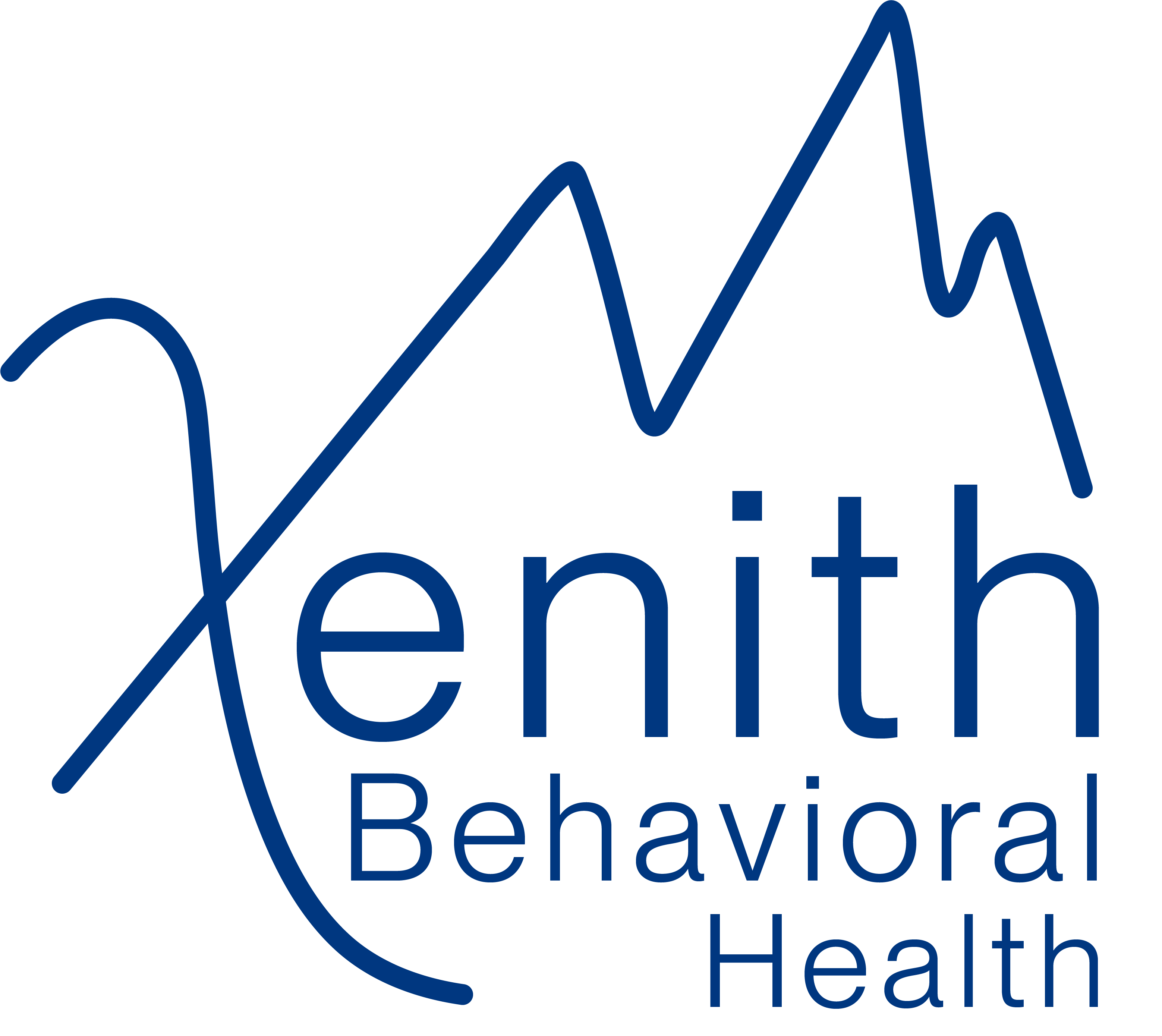Schizophrenia

Schizophrenia
Introduction
Schizophrenia is a complex mental health disorder characterized by disturbances in perception, thought, emotion, and behavior. At Xenith Behavioral Health Services, we offer comprehensive treatment options to help individuals with schizophrenia manage symptoms and improve their quality of life.
Understanding Schizophrenia
Schizophrenia is thought to result from a combination of genetic, environmental, and neurobiological factors. Understanding the underlying mechanisms of schizophrenia is crucial for developing effective treatment strategies and interventions.
Risk Factors Various factors, including family history, prenatal exposure to toxins, and neurodevelopmental abnormalities, increase the risk of developing schizophrenia. Early identification of these risk factors can facilitate early intervention and targeted treatment.
Symptoms and Challenges
Schizophrenia presents with positive symptoms (hallucinations, delusions), negative symptoms (social withdrawal, reduced emotional expression), and cognitive symptoms (impaired memory, attention). These symptoms often lead to significant impairment in daily functioning and social relationships.
Our Approach
- Medication Management: Antipsychotic medications are the cornerstone of treatment for managing schizophrenia symptoms, helping to reduce the severity and frequency of psychotic episodes.
- Psychosocial Interventions: We offer a range of psychosocial interventions, including individual therapy, family education and support, social skills training, ,to help individuals improve functioning and quality of life.
- Recovery-Oriented Approach: We emphasize empowerment, self-determination, and hope in our treatment approach, supporting individuals in their journey towards recovery and meaningful life goals.
- Long-Term Support: We provide ongoing support and monitoring to ensure continuity of care, prevent relapse, and promote long-term stability and well-being.
Benefits of Treatment
- Symptom Reduction: Experience a decrease in the frequency and severity of psychotic symptoms, leading to improved overall functioning and quality of life.
- Stabilization: Achieve stability in mood, behavior, and cognition, reducing the risk of relapse and hospitalization.
- Improved Social Functioning: Develop skills and strategies to enhance social relationships, communication, and community integration.
- Enhanced Quality of Life: Enjoy greater independence, autonomy, and satisfaction in daily activities and social interactions.
- Hope and Resilience: Cultivate a sense of hope, resilience, and empowerment in managing schizophrenia symptoms and pursuing personal goals and aspirations.
